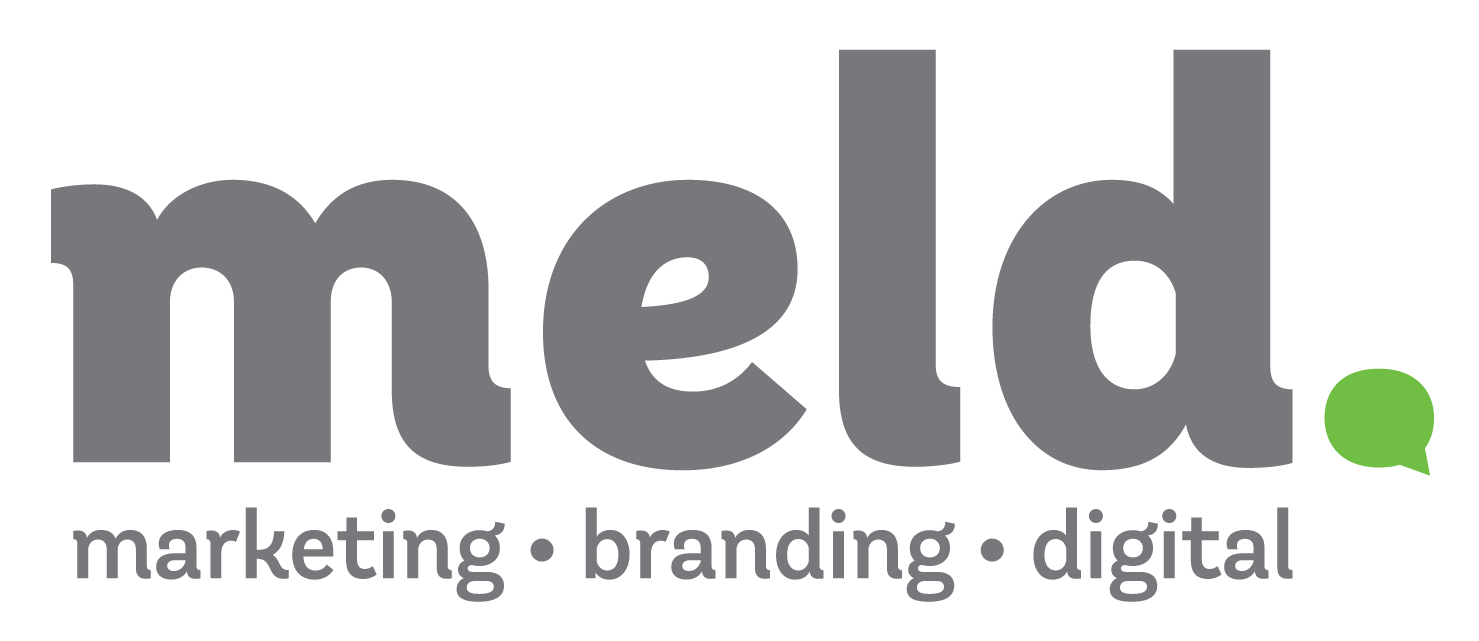In 2009, Apple made a powerful statement: “There’s an app for that.” Now more than a decade later, Apple’s registered trademark still rings true. There are apps for banking, food delivery, healthcare, investing—essentially anything you’ve ever wanted to do more conveniently from the palm of your hand.
What’s more, the app economy is booming. This year alone, mobile users are predicted to spend nearly $156.5 billion on mobile app marketplaces. By 2023, apps are expected to generate over $935 billion in revenue.
If you’ve ever considered app development for your business, it seems like a no-brainer when you hear those exciting figures. Mobile apps can enhance a customer’s experience with your brand and improve your marketing. They can also help drive loyalty, promote special offers, and encourage regular communication with customers.
Before you get too carried away and open a new tab to search for app developers, let’s talk logistics—are the cost and effort of creating an app for your business, or would a mobile-optimized website experience be just as effective?
When App Development for Your Business Makes Sense
Your audience embraces mobile.
Run a report on your website analytics. What trends do you see? Over the past 90 days, what percentage of your website visits have come from mobile?
If the vast majority of visitors are on their mobile devices, an app could help you streamline the user experience and grow your sales. However, if a larger percentage of users are still browsing your website from a laptop or even desktop computer, an app might not be worth your investment just yet.
You interact with your audience regularly.
Now think about your customer journey. Do customers browse your website, find what they’re looking for, and go about their lives after making a purchase? Or are they more likely to visit your site frequently to make additional purchases, earn loyalty points, explore the latest promotions or product education, or seek live support from a representative?
The more your audience expects regular interactions with your brand, the more it makes sense to have an app to support their needs.
You can’t create the type of user experience you want without an app.
Apps provide a variety of features you won’t find on most websites, and brands are using them to their advantage. A mobile app might give a company the ability to:
- Help users locate their nearest store via GPS
- Send sales and promotions when users are within a certain radius of their location
- Detect and reward users as soon as they enter a store
- Customize the user’s shopping experience
Your competitors all have apps.
The worst reason to develop an app? Because everyone else is doing it. A better reason? Everyone else is doing it and your business could benefit significantly based on your target audience and core goals.
If the latter is true, do your market research. Explore the strengths and weaknesses of competitor apps—maybe an app is slow and glitchy, or maybe the navigation is too complicated. Learn from their mistakes when it’s time to build your own app.
You can afford the updates and maintenance.
This point is key. Mobile users want a quick, seamless experience. To create that experience, your app will require regular updates and maintenance, especially as new operating systems are released with new features. Your app may not work as flawlessly with these new systems, and even worse, security vulnerabilities may put your users at risk when using your app.
When budgeting for app development, be sure to factor in the cost of app maintenance.
Should You Talk to Your Marketing Agency about App Development?
Once you’ve explored the scenarios above and found yourself nodding along, it’s a good time to formalize your team. This is when you want to loop in your marketing agency. You’ll likely have a long list of ideas for your app, and having a team of marketing experts by your side can help you narrow them down.
At this point you’ll want to consider:
- What’s your budget? On average, building an app can cost between $60,000–$150,000, depending on the complexity of the app, turnaround time, and various other factors.
- What features and functionality do you require?
- iOS vs. Android?
- How will you market your app once released?
This last question is an important one. The process of developing an app is multi-faceted, and the actual development work is just one component of that process. Your developer should understand that app development and branding go hand in hand. In addition to features and functionality, you need a plan for making your app unique to your brand.
Most agencies will work with the developer of your choice if you already have someone in mind. This partnership is ideal for ensuring branding and ease of use is layered into the functionality of your app. Alternatively, your agency can also act as a one-stop-shop for building, branding and promoting your app.
App Development Case Study
Meld has worked on a number of apps over the years on a wide range of subjects, including apps for those who want to:
- Earn nursing credits on the go
- Make a donation to a political candidate
- Create an easier experience for parents to connect for carpooling
- Have more information about their dream home or condo at their fingertips
While each experience is different, there’s an underlying process that brings commonality to an app project. For Meld, that starts with a whiteboard session (done digitally or in person) to brainstorm functionality and goals. Next, we research which competitors have apps and what functionality they offer. Then we discuss aspirational apps the client has seen, both in their industry or in other industries.
Once all that information is collected, we streamline our wish list. Our designers start creating a framework for what the brand and functionality would look like from screen to screen. What are we driving the user toward? How do we get the user additional information if they don’t understand a specific step in a process? What do we need to offer to meet the user’s basic needs? What are the extra bells and whistles that would make the app unique but not interfere with a seamless experience?
For the real estate app, we built the experience around the idea of a person driving or walking by his or her dream home. In that moment, we know people are interested and want to know more. It’s similar to how grocery stores place impulse purchase items near the check out—they want customers to pick up packs of gum or beverages and hit the register within seconds or minutes.
When setting out to create the app, the client did their research and knew that building an app from scratch, while ideal, would be cost prohibitive. They put the project on hold for a bit. Then they learned that their original web development company had a template that made the process of creating an app much easier and more affordable. The customizable template checked all of the boxes: There were functionality options that could be configured to meet customer behaviors, and the app could be designed to bring it in line with the brand look and feel. Together, this created a cost-effective and dynamic solution.
Once the designs were in place, the developer began to build the app. Several rounds of testing occurred with a select group. Changes were updated and a formal launch date was set. Again, Meld was there to build a marketing strategy plan to ensure that once the app went live, there was also a focused marketing launch and ongoing plan to ensure customers knew the app existed. Meld continues to incorporate the app into the client’s ongoing marketing strategy.
Ultimately, building the app gave the client an advantage—it allowed them to differentiate themselves from other local real estate companies and it also provided a steady stream of leads.
The Case for Mobile Optimization
Building an app doesn’t make sense for every company. Sometimes the idea is there, but more user research is needed. For some companies, creating an app would actually complicate their customer experience.
It might be better to focus your attention on optimizing your website for mobile. Mobile page load speed is a critical metric Google considers when determining your website’s search ranking. Plus, mobile optimization requires fewer developers, less maintenance, and fewer resources than developing an app.
Either way, we’d love to learn more about your business and how we can help promote your brand and your products or services—whether that means developing an app for your business or optimizing your website for mobile. Reach out and let’s talk!



